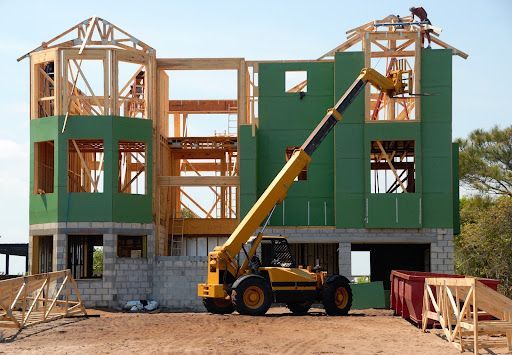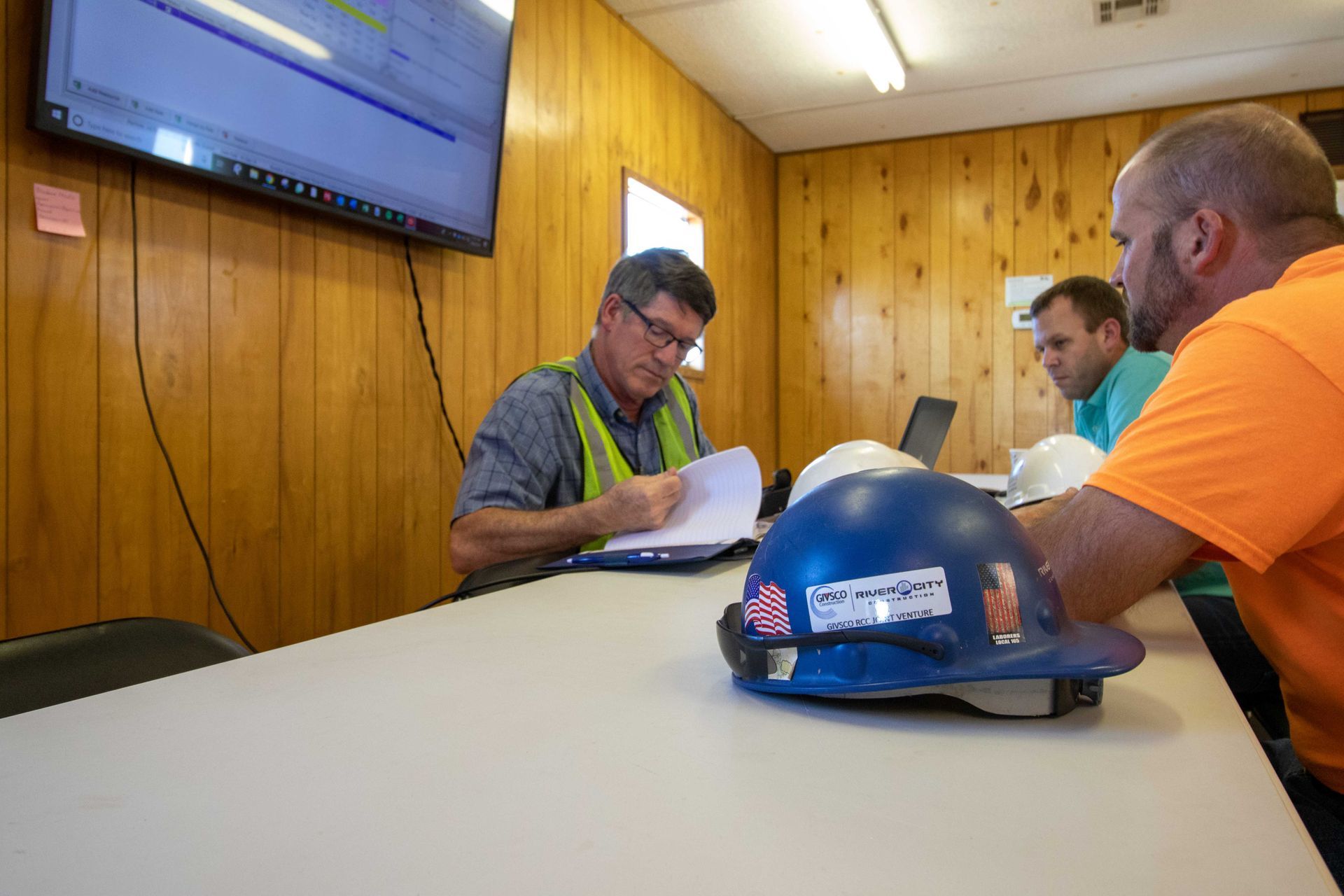How to Optimize the Construction Scheduling Process
Investing in construction scheduling software like Primavera and learning how to use it is a great way to equip your team to streamline construction scheduling and planning. Regardless of which software or strategy you use to schedule your construction projects, there are a few ways to optimize the construction scheduling process.
Opt for digital transformation: Put away the pen and paper; there are much better tools for creating construction project schedules. There’s plenty of sophisticated software available to your team that will bring your scheduling into the 21st century. Another benefit of using software is that it can integrate with other tech tools you may already be using to collaborate and communicate.
Finetune strategies: Don’t create a schedule just to create one. Work closely with contractors and subcontractors to discuss their construction methods, and consider their feedback when choosing a methodology for your construction scheduling. Better yet, call in a team of scheduling experts to take over the task.
Establish realistic timeline expectations: The initial consultation and bidding process with clients will establish a time frame, but that doesn’t always mean it’s a feasible timeline to follow. Be honest about the scope of work and your capabilities; don’t try and complete work on a schedule that causes you to cut corners or compromise on quality.

Call in outside scheduling help: There’s a good chance that your firm doesn’t yet have a scheduling expert on staff, and that’s okay — only someone with experience in construction project scheduling should tackle this task. It takes some deep knowledge and expertise to understand the process of successfully scheduling a project.
Schedule around the seasons: While you can’t be expected to predict extreme weather, you’ll likely be able to predict seasonal weather patterns — like snowfall in the winter or thunderstorms in the spring and summer. Bake these potential delay-causing events into your schedule to give your crew a buffer if work is delayed.
Allocate resources wisely: In creating a schedule for your construction project, don’t overestimate the spectrum or volume of resources you have available to get the job done on time. By working with the resources you know will be accessible, you’ll avoid delays that happen when you wait for them to be available.

Pay attention to the details: Each task in the construction project needs to provide as much detail as possible. There needs to be documentation that helps track each task, the steps necessary to complete it, the resources required, the team attached to it, and any other details that help the team stay on track.
Capitalize on communication: Don’t be afraid to communicate to the team when delays are caused or problems arise. The lack of communication has a domino effect on other steps; establish a chain of command and communication best practices so changes can be made ASAP in case of work delay or stoppage altogether.
Document, document, document: If someone should file a claim, you’ll need plenty of documentation to plead your case. If errors or delays need to be traced back to the origin, having an adequately documented schedule means a trail of accountability. Change orders are a crucial part of this documentation; keep this in mind.
Ready to optimize your construction scheduling processes? Let’s talk about what our team can bring to the table. Mistakes are mitigated or avoided by accurate project planning and management of various construction time windows. With an expert on the ground, your project moves as seamlessly as possible through all stages of development.
Contact us today to learn more!







